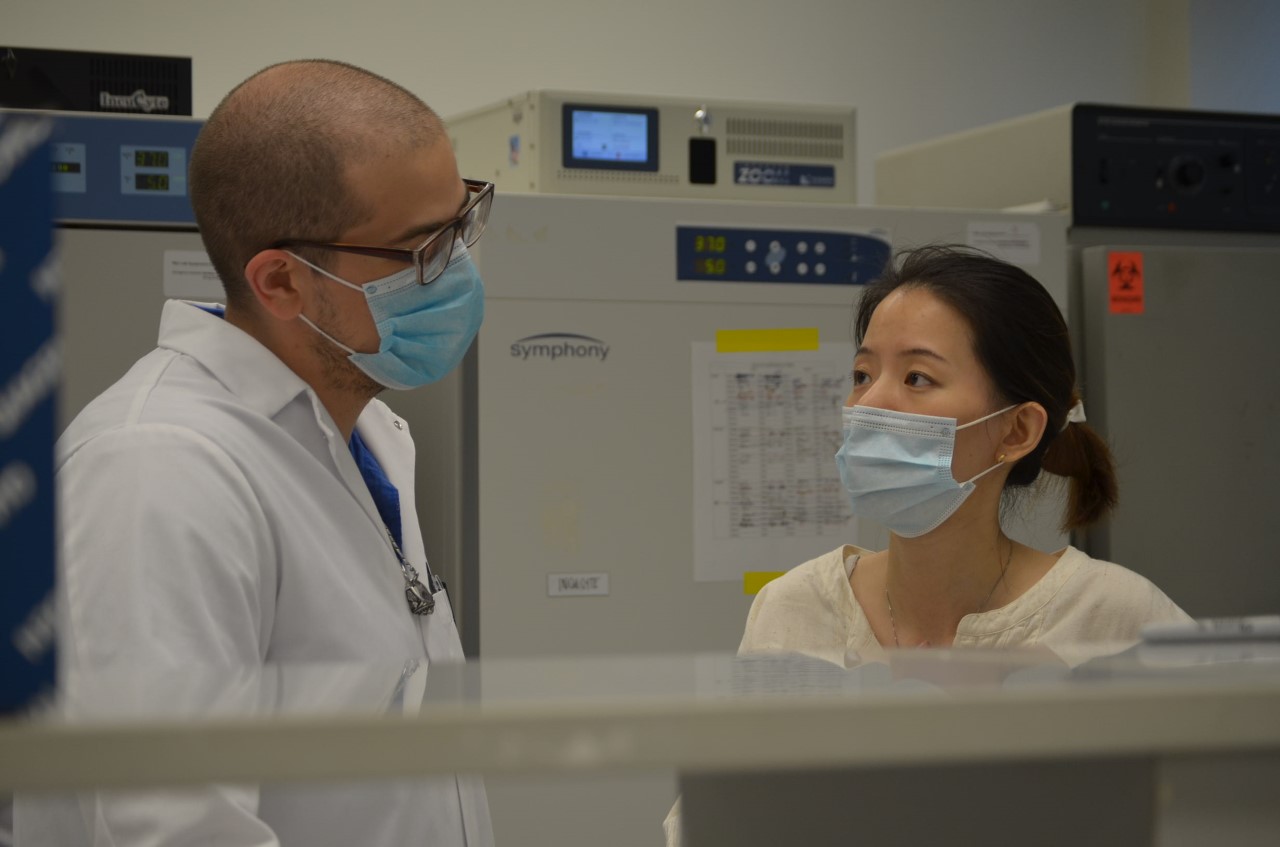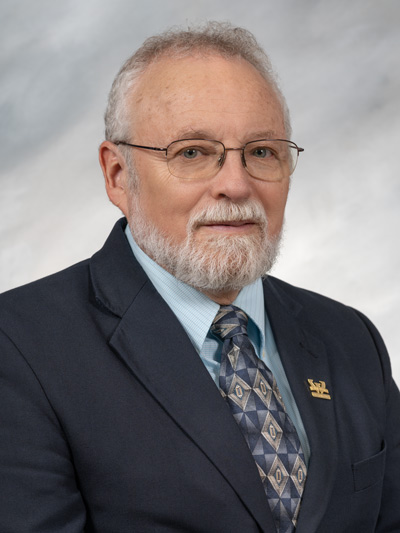
The Wayne State University School of Medicine’s C.S. Mott Center for Human Growth and Development will hold an open house June 9, the kickoff of a yearlong celebration of 50 years of research and training in personalized approaches to medical treatment and care that improves health outcomes for women, men and children in Detroit and around the world.
Visitors will have the opportunity to learn about the center’s basic and gynecological cancer research, and participate in tours of the facility’s labs to discover the cutting-edge research taking place, during the 5 to 7:30 p.m. open house.
The event, which includes a strolling dinner and gift bags, will feature remarks from Dean Wael Sakr, M.D.; Stephen Lanier, Ph.D., WSU vice president for Research; Stanley Berry, M.D., interim chair of Obstetrics and Gynecology; and Gil Mor, M.D., Ph.D., the John M. Malone Jr., M.D., Endowed Chair and scientific director of the C.S. Mott Center.
Those who wish to attend should RSVP at https://rsvp.wayne.edu/save-the-date-for-a-special-evening-at-the-cs-mott-center
The center, which opened in 1973, is an internationally known research center established to promote research training relating to women's and children's health, with a focus on reproductive biology, immunology, oncology, toxicology and prenatal medicine. Its scientists integrate basic, translational and clinical research with the purpose of improving women's health.

Located at 275 E. Hancock in Detroit, the center has championed a lifespan perspective to reproductive health and an ecological approach to growth, development and well-being. Its faculty engage in a personalized approach to medical treatment and care. The primary mission of the Mott Center is to foster basic and clinical biomedical research on reproduction and development. It offers an integrated doctoral degree program incorporating the teaching, research and physical resources of the Department of Physiology and the Department of Obstetrics and Gynecology. The program offers interdisciplinary doctoral training in the reproductive sciences.
The center was renovated during a five-phase reconstruction from 2001 to 2008. In addition to individual Obstetrics and Gynecology researchers’ laboratories and offices, the center houses the research laboratories of the Perinatology Research Branch of the National Institute of Child Health and Human Development, the Implantation Laboratory of the Reproductive Biology and Medicine Branch, NICHD Intramural Research Division, the Wayne State University Genomics Facility, a Bioinformatics Center and a Systems Biology section. It also contains one of the Department of Obstetrics and Gynecology Department’s clinical research areas.
The center, in collaboration with the Barbara Ann Karmanos Cancer Institute, also has established the Ovarian Cancer Research Interest Group. The group seeks to bring together scientists and physicians working in the field to merge each investigator’s individual expertise to rapidly find solutions to confront the disease.
Dr. Mor said the center’s researchers “believe that education begins in the womb, as there are distinct developmental consequences to stresses experienced during pregnancy … . The impact of health disparities, genetics and environmental factors such as pollution and socioeconomic stresses disproportionately affect fetal developmental programming, which not only impacts the health and well-being of the baby but can also perpetuate transgenerational disease conditions in future generations. Our Pregnancy and Preterm Birth Research Program is examining the pregnancy-specific triggers that impact the developmental programming of adult disease and devising therapies to target and prevent abnormal outcomes with the goal of halting the self-perpetuating cycle of transgenerational disease progression that initiates in utero.”
Recent discoveries by Mott Center researchers include:
A novel technique to measure the age of male sperm has the potential to predict the success and time it takes to become pregnant, according to a newly published study by researchers at the Wayne State University School of Medicine.
Zinc supplements for men and women attempting to conceive either naturally or through assisted reproduction during the COVID-19 pandemic may prevent mitochondrial damage in young egg and sperm cells, as well as enhance immunity against the virus that causes COVID-19.
A new collaborative study published by a research team from the Wayne State University School of Medicine, the CReATe Fertility Centre and the University of Massachusetts Amherst provides the first in-depth look at the microbiome of human sperm utilizing RNA sequencing with sufficient sensitivity to identify contamination and pathogenic bacterial colonization.